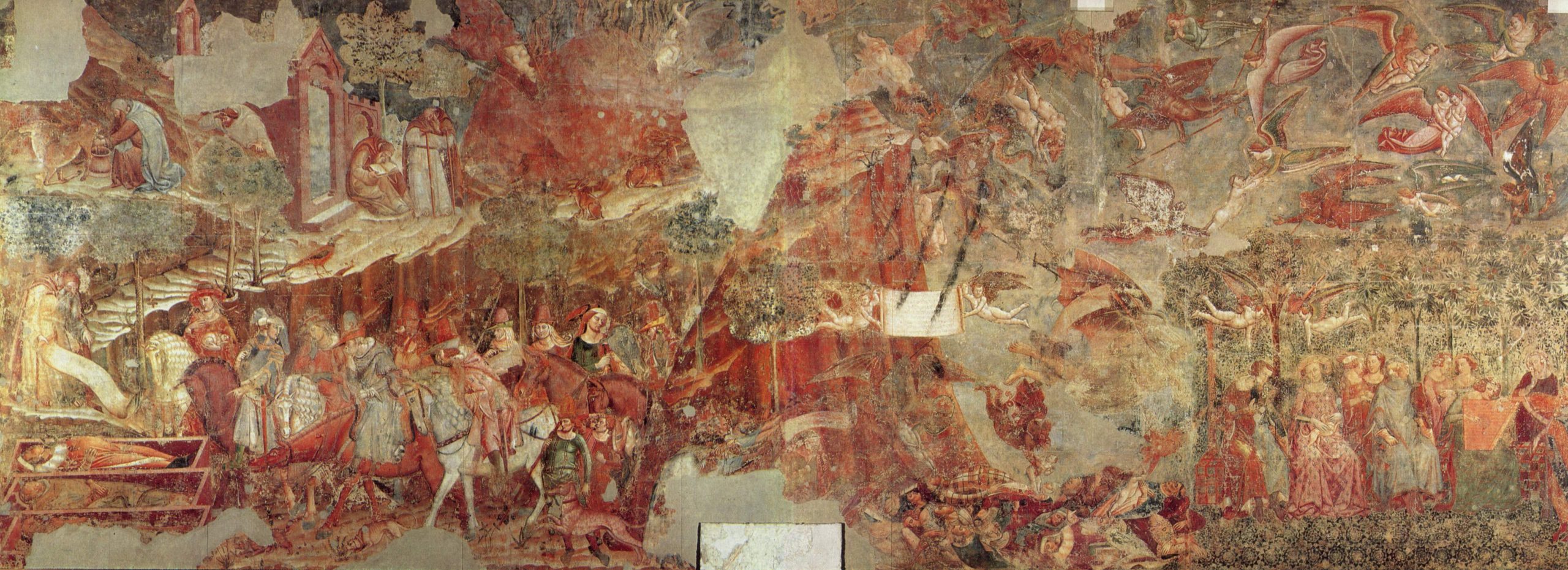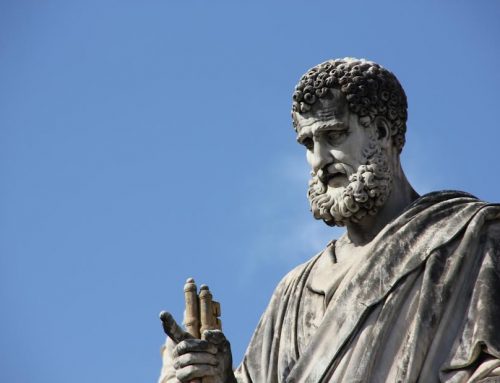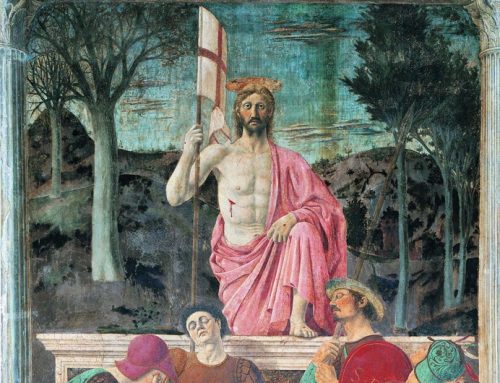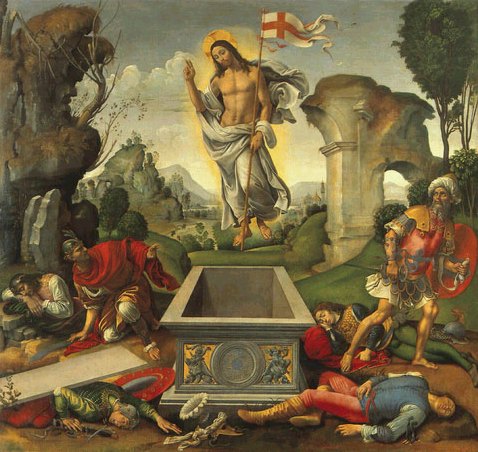Epidemics were among the great terrors of the ancient world
Doctors knew how to identify the diseases, but they knew no way to stop their spread. Antibiotics and antiviral drugs were still centuries away in the future. So when the plague hit a city, the physicians were among the first to leave. They saw what was coming, and they could do nothing to stop it.
Historians speak of three major plagues during the early centuries of Christianity, and they estimate that each reduced the empire’s population by a quarter to a third.
While the population plummeted, however, the Church grew. The sociologist Rodney Stark argues, in his book “The Rise of Christianity” (1997), that epidemics were a testing ground of Christian principles and a time when specifically Christian virtues were publicly displayed.
In the first of the plagues, in A.D. 165, the pagan physician Galen praised the Christians’ fearlessness as they cared for others.
In the second, which began around A.D. 250, we find the African bishop St. Cyprian exhorting his congregation to mobilize for the task of healing. He urged them to give care not only to their fellow believers, but also to their pagan persecutors. “There is nothing remarkable in cherishing merely our own people,” he said, “… [We] should love our enemies as well … the good [should be] done to all, not merely to the household of faith.”
The Egyptian bishop St. Dionysius the Great described in great detail the relief efforts extended by the Church to everyone, even though the practice of the faith was then a crime punishable by death. Christians were willing to risk a double exposure, to the authorities and to the disease, in order to tend to the sick and dying.
In the epidemic of A.D. 312, during the fiercest anti-Christian persecution, the Church provided the only care available in the cities.
In crises the Christians established systems of care that in times of peace — when the persecutions stopped — the Church would institutionalize in hospitals.
Stark believes that epidemics were a major factor in the early growth of the Church: “Had classical society not been disrupted and demoralized by these catastrophes, Christianity might never have become so dominant a faith.”
Mike Aquilina








Leave A Comment
You must be logged in to post a comment.